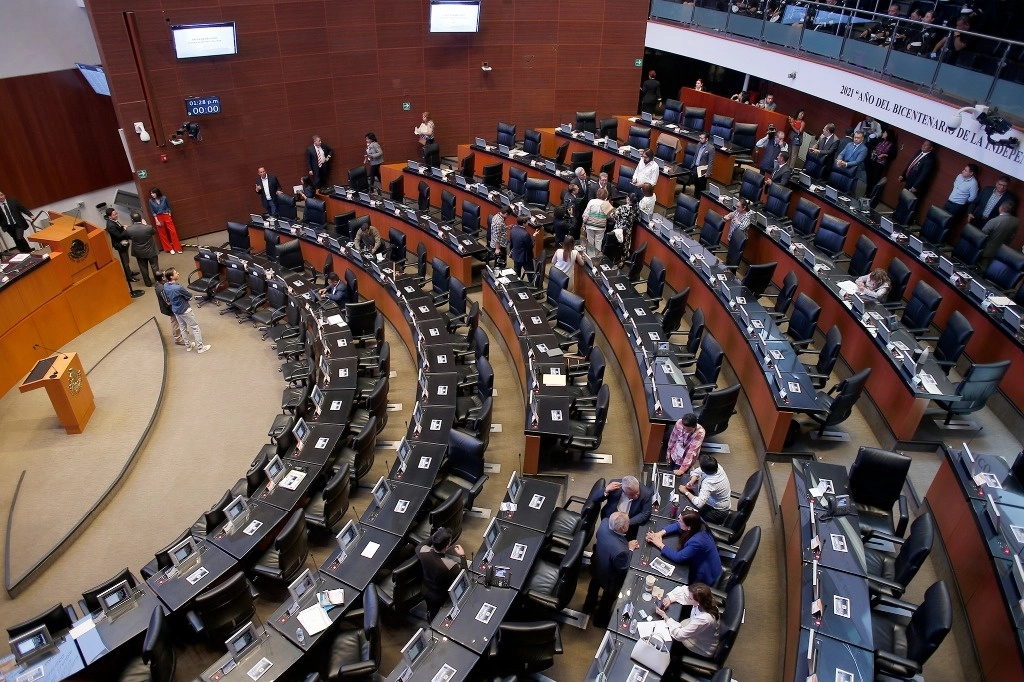featured

291 meters! Kobayashi breaks the ski flight record!
On Wednesday morning, April 24, the Japanese was barely 9 meters short of crossing the magical 300-meter barrier. “Setting a record in flight length has always been my dream. Another limit has been crossed, this …

291 meters! Kobayashi breaks the ski flight record!
On Wednesday morning, April 24, the Japanese was barely 9 meters short of crossing the magical 300-meter barrier. … Read more
Bareš a Talacková: Na svatební cestu jsme jeli do Kundy
Igor Bareš and Antonie Talacková’s unconventional love story is a testament to the power of following your heart, … Read more

With the slightest difference, Bolívar beat Flamengo 2 to 1 | Libertadores Cup
On date 3 of group E of the CONMEBOL – Copa Libertadores 2024 tournament, Bolívar achieved the three … Read more

biography, personal life, LJ diary, scandals and death
News agencies reported terrible news on the night of April 23 – Elena Miro died as a result … Read more

“Amnesty Law can unblock the Ayotzinapa case”
The federal government is confident that the Silence pact in the Ayotzinapa case based on the legal reform … Read more



